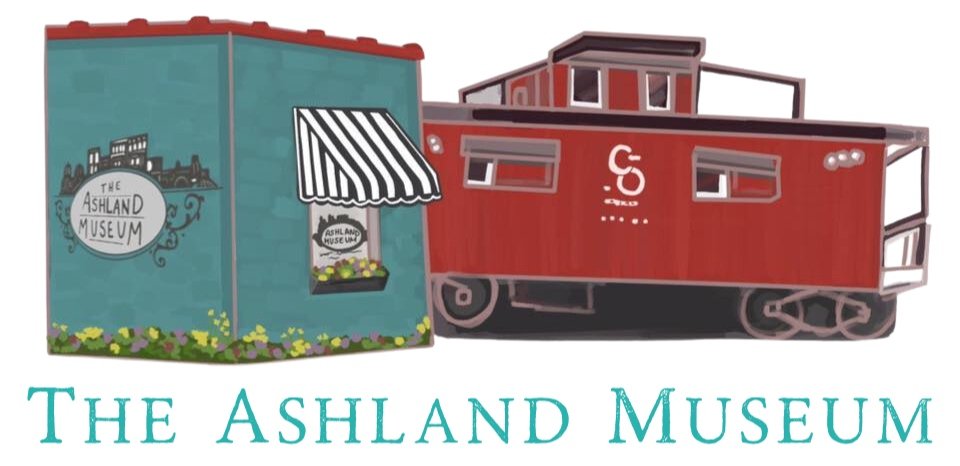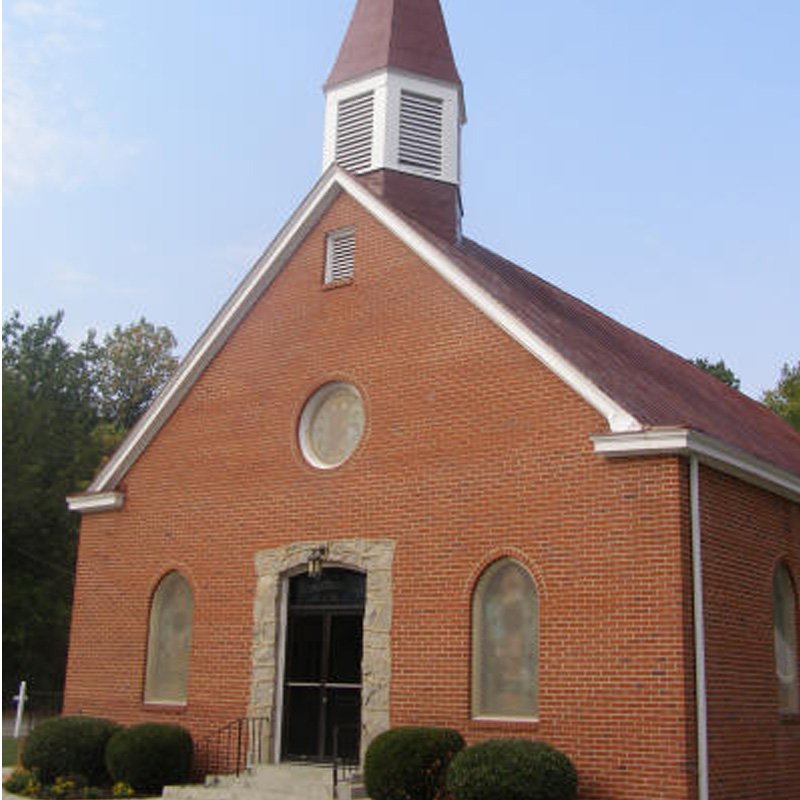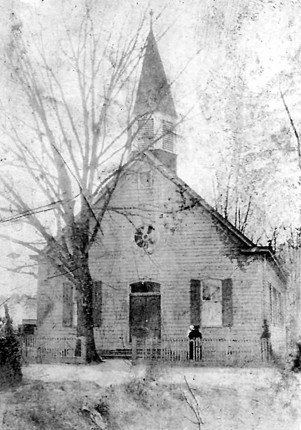Shiloh Baptist Church
When slavery ended, African Americans across the South began to define freedom for themselves. Generally, they looked for a way to earn a living, a way to educate themselves and their children and, most importantly, they sought the opportunity to worship God in a way that acknowledged their cultural and spiritual values.
The hardworking African American men and women in Ashland who founded Shiloh Baptist Church, known alternately as Shiloh Freedman’s Church and Shiloh Church, were committed to developing their spiritual lives as well as providing a school. Stories passed down through generations of church members suggest that shortly after the end of the Civil War, the founders of Shiloh first worshipped “somewhere around Langford’s Crossing,” which is the southern boundary of the Town of Ashland. Nearby there was a brickyard and some shanties.
“Permission was granted…for one of these shanties to be used as a place of worship.” By 1866, the congregation had moved to land on what is now Hanover Avenue. Surviving records do not indicate the exact date of the move or whether or not the founding members of the congregation purchased the land in 1866 on which a brush arbor was erected, and later the first structure was raised for worship. We do know that a school for black children was opened in Ashland under the patronage of the American Baptist Home Society and housed at Shiloh Freedman’s Church in October 1866; by December the school boasted 102 students. Local parents employed a black man to teach; he was paid 50 cents per child each month. Also, the Rev. Burwell Toler, the first pastor of Shiloh and a delegate to the 1868 state constitutional convention, united a couple in holy matrimony on December 17, 1866. In 1874 the trustees purchased the land that had been used since 1866 from Elizabeth Hogg, sometimes known as Elizabeth Tinsley.
In 1877 the congregation purchased the current location from Mr. and Mrs. M. E. Cox, and Shiloh became a vital part of the Ashland and Hanover communities. The first building at this site, which was dedicated in 1878, was 25 feet by 35 feet and cost $75. Near the turn of the 20th century when the current facility was built, it included an indoor baptismal pool when most black Baptists were still baptizing in lakes and rivers. The installation of the pool, which was wood shell inlaid with wax, was quite an accomplishment. As the story goes, on one Sunday afternoon over 100 people were baptized.
Historic photo of Shiloh Baptist Church. Date unknown.
In addition to carrying on the spiritual development of members and friends, the church hosted fundraisers to keep the school for black children open, and it was used for baccalaureate and graduation exercises for the Hanover County Training School. As the largest black-owned facility in the area, Shiloh was quite often the venue for fraternal society conventions and special programs such as Tuberculosis Clinics and National Negro Health Week activities.
Shiloh Baptist Church has a long history of service to the Lord, Ashland and the Hanover community at large. In its 142-year history, the church has installed 18 pastors, renovated several times, including bricking over the original wooden structure and adding a fellowship hall and classrooms. Currently, under the leadership of Pastor Michael E. Shannon, Sr., the church continues to grow, adding several new ministries. Above all, it remains a light in the community welcoming all who enter.
From: Ashland, Virginia 150 Years: 1858 – 2008, p. 30-31. Article submitted by George Gray.
See also the related article – Shiloh Baptist Cemetery.
A video history of Shiloh Baptist Church and Shiloh Baptist Cemetery is found at HanoverTours. The video was made by a team of high school students trying to raise awareness of historic sites in Hanover County, VA.


